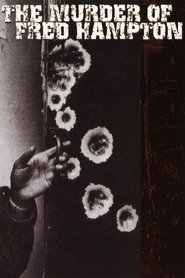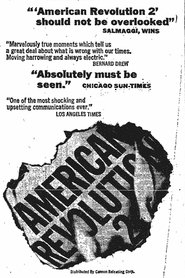
1979
playlist_add 
1971 star_border 7
playlist_add 
1969 star_border 5
playlist_add 
1969 star_border 7
playlist_add 
1968 star_border 6
playlist_add 
1968 star_border 6
playlist_add 
1968 star_border 5
playlist_add 
1968 star_border 6
playlist_add 
1968 star_border 5
playlist_add 
1966 star_border 6
playlist_add